For 15 years, Shannon Kent's job was to gather intelligence against the United States' deadliest enemies. The U.S. Navy Senior Chief Cryptologic Technician worked alongside the National Security Agency (NSA) in some of the world's most dangerous areas. The information she acquired would often lead to surgical strikes from American special operations forces around the world – and she was among the best at her job. Tragically, her years-long career in gathering intelligence is not the only legacy she leaves behind. Kent would become the first female service member killed in Syria when an ISIS suicide bomber attacked a restaurant in the northern Syrian city of Manbij in 2019. The 35-year-old left behind a husband and two children. Shannon Kent was a native of upstate New York and was an outstanding student-athlete and scholar as a youth. She enlisted in the U.S. Navy in 2003, became a Cryptologic Technician, and was assigned to support the Navy's special warfare operations. Not...
Military Campaign Stories
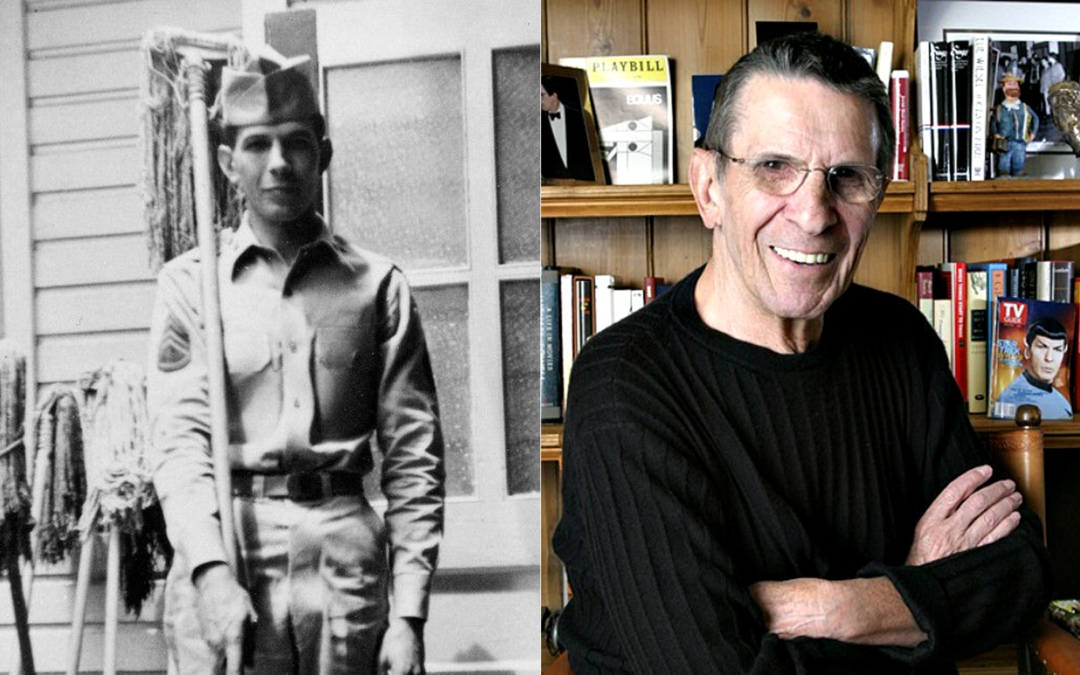
SSG Leonard Nimoy, U.S. Army Reserve (1953-1955)
Leonard Nimoy, best known for his iconic role as Mr. Spock in the Star Trek franchise, had a fascinating journey that included service in the United States Army before he became a household name. From 1953 to 1955, he served in the United States Army as a Staff Sergeant in the Special Services, an entertainment branch of the military. Who would have imagined that a young man entertaining troops would one day entertain millions across the galaxy, armed not with a rifle, but with a raised eyebrow and the immortal phrase, "Live long and prosper"? His life was proof that true exploration isn't just about traveling through space, but about pushing the boundaries of human imagination. Leonard Nimoy’s Early Life and Enlistment Born on March 26, 1931, in Boston, Massachusetts, Leonard Simon Nimoy was the son of Ukrainian Jewish immigrants Max and Dora Nimoy. Max was a barber in Mattapan, and Dora a housewife, but the family grew up in a tenement on Boston’s West End. As a child, Leonard...
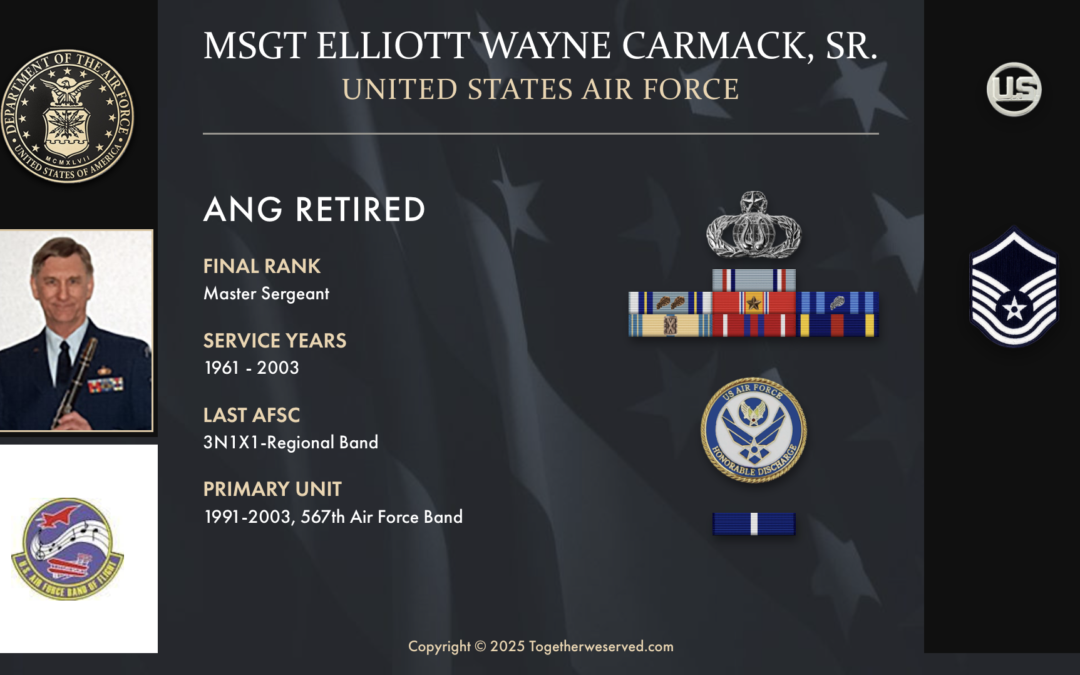
MSgt Elliott Wayne Carmack, U.S. Air Force (1961-2003)
My decision to join the Air Force was influenced by the following:
FAMILY: My maternal uncle enlisted in the Army at Camp Blanding, Florida, in 1942, shortly after the Pearl Harbor attack. He was assigned to the Army Air Corps. He was stationed at Keesler Army Airfield (Keesler Field), Mississippi, until his honorable discharge as a Sergeant the following year due to a service-connected injury sustained while working on military aircraft. My father was too old for military service, but worked in federal civil service at military bases during and following World War II, initially at Drew Field in Tampa, Florida during the war, and at Robins Air Force Base in Warner Robins, Georgia after the war, a base I visited as a child.
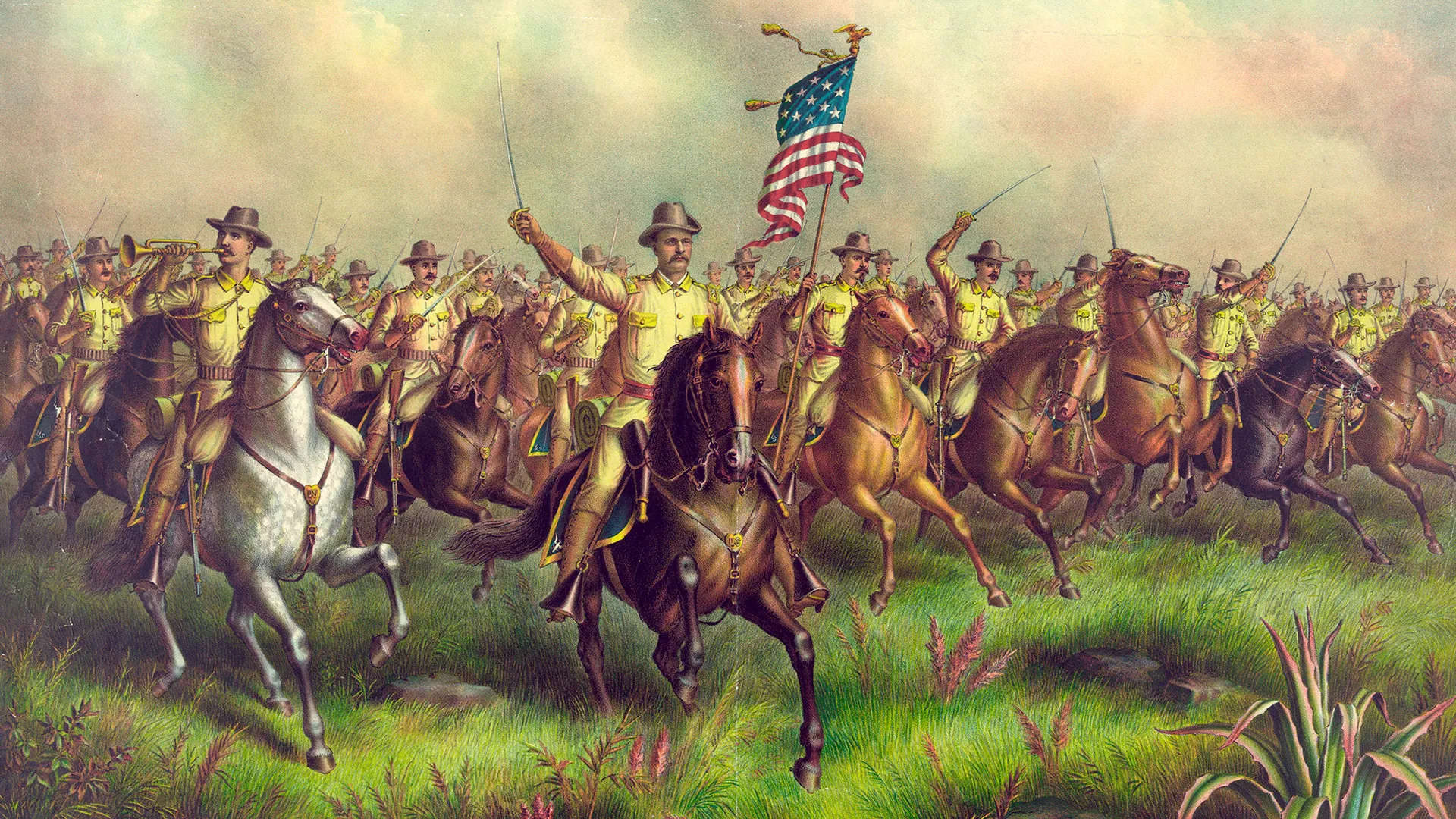
The Spanish–American War – The Battle of San Juan Hill
When we think of the Spanish-American War's Battle of San Juan Hill, most of us likely think of future president Theodore Roosevelt and his band of Rough Riders gallantly charging a well-defended Spanish fortification. While that memory of the battle is certainly true, it doesn't give Roosevelt, the Rough Riders, or the other 8,000 U.S. troops there – including Black troops – the credit they so richly deserve. San Juan Hill: Where Courage and Unity Led to Victory The Spanish-American War was declared in April 1898, sparked by the sinking of the USS Maine in Havana harbor due to an explosion that was, at the time, believed to be caused by a Spanish mine (it was later ruled an accident). Spurred on by the sensational American press, the United States blockaded Cuba in retaliation, and Spain declared war in return. Guam had already fallen to U.S. forces, and Americans had already landed in the Philippines by the time U.S. Marines landed at Guantánamo Bay on June 10, 1898. On...

Blind Descent: Surviving Alone and Blind on Mount Everest by Brian Dickinson
Brian Dickinson is a former U.S. Navy Aviation Rescue Swimmer who specialized in combat search and rescue. His military experience is not the most difficult situation he's ever faced. For six years, he served as a rescue swimmer, but in his post-military career, he has climbed some of the most challenging mountains in the world, including Denali, Kilimanjaro, and even the Sentinel Range in Antarctica. In 2011, Dickinson climbed Mount Everest by himself, which was a difficult challenge in itself, but on his way down, he became snowblind and had to make his way down the world's highest and most dangerous peak solo and without eyesight. In a sojourn that should have taken three hours, he climbed hand-over-hand for seven hours. In that time he fell and lost his oxygen too. With what he calls a "determined faith and focus," he arrived safely back to the campsite and survived. "Blind Descent: Surviving Alone and Blind on Mount Everest" is the story of his powerful and bold decision...
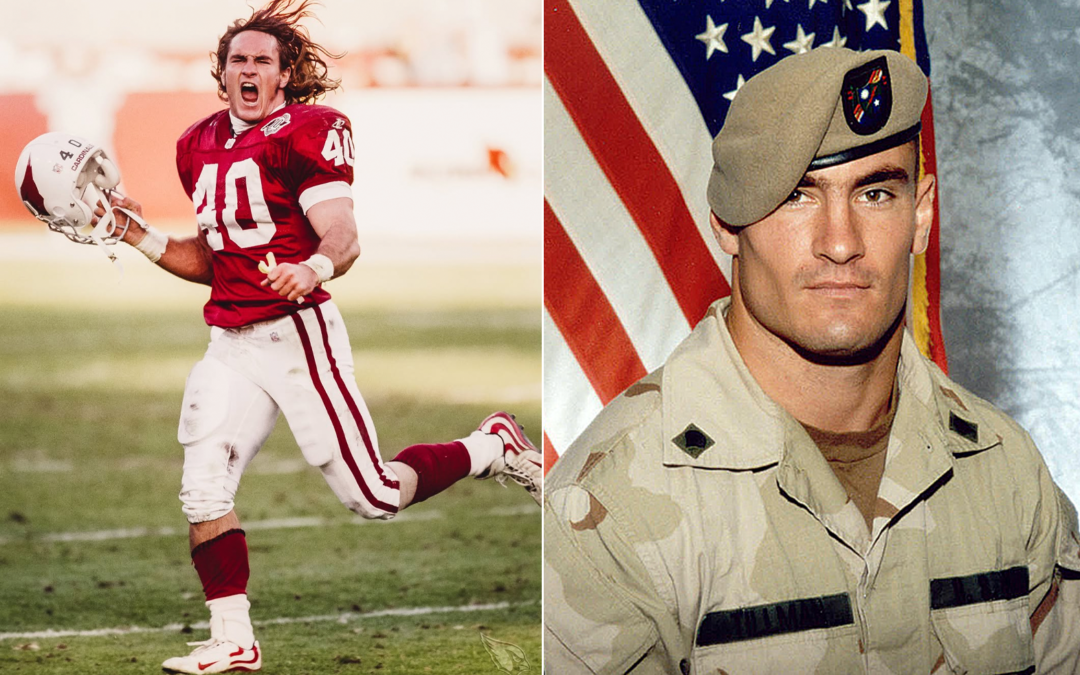
CPL Patrick Daniel Tillman, U.S. Army (2002-2004)
Patrick Daniel Tillman was born on November 6, 1976, in California. The oldest of three sons, with Kevin and Richard as the other two, Tillman played competitive football. In high school he was a star who led his high school team to a Central Coast Division I Football Championship – after he was told he was too small to ever play football. He earned a scholarship to Arizona State University, where he became a standout linebacker. As a college junior, Tillman started every game as ASU went unbeaten through the regular season, won the Pacific-10 Conference championship and made its second appearance in the Rose Bowl in 1996. The following year, Tillman was named Pac-10 Defensive Player of the Year and was a Second-Team All-American while also receiving numerous academic honors as he helped lead the Sun Devils to a 9-3 season and a Sun Bowl victory over Iowa. He was named Sun Bowl MVP in his senior season and has since been inducted into...
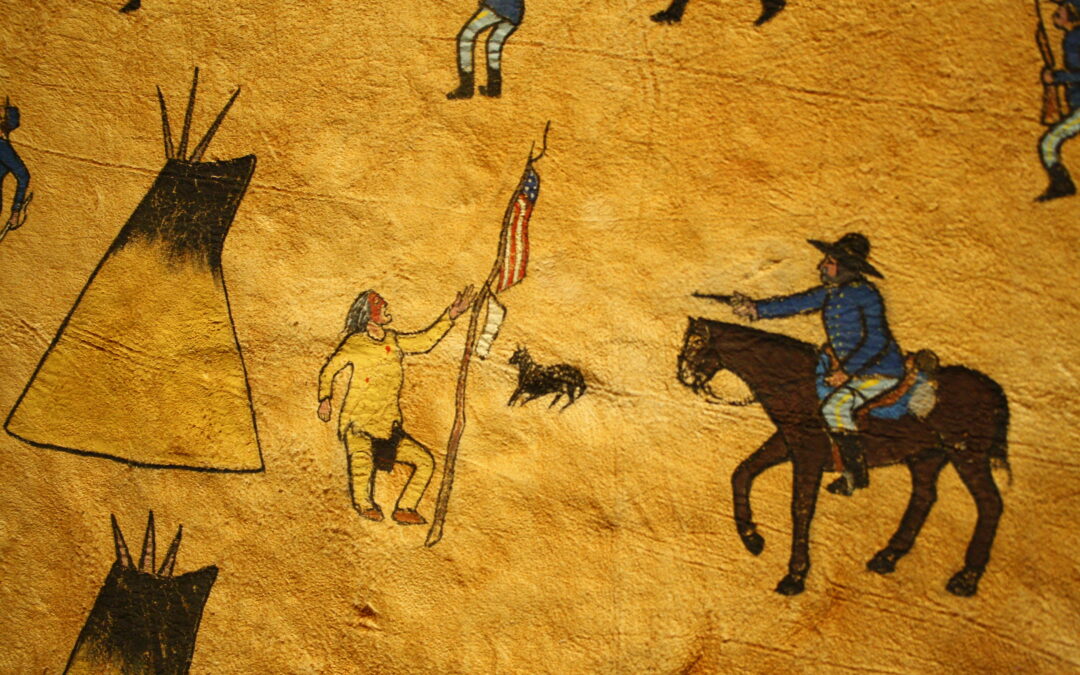
The Sand Creek Massacre: Silas Soule and Joseph Cramer
The Sand Creek Massacre, occurring on November 29, 1864, was one of the most infamous incidents of the Indian Wars. Initially reported in the press as a victory against a bravely fought defense by the Cheyenne, later eyewitness testimony conflicted with these reports, resulting in a military and two Congressional investigations into the event. Two of those eyewitnesses were cavalry officers Capt. Silas Soule and Lt. Joseph Cramer who had the courage to order their men not to take part in the slaughter. It was these two that were also the driving force in getting the government to conduct more in-depth investigations on what really happened at Sand Creek. Conflicts and Tensions Before the Sand Creek Massacre The causes of the Sand Creek massacre and other atrocities inflicted on the Indians were rooted in the long conflict for control of the Great Plains of eastern Colorado and to the river to the Nebraska border to the Cheyenne and Arapaho. Around the same time, gold and silver...
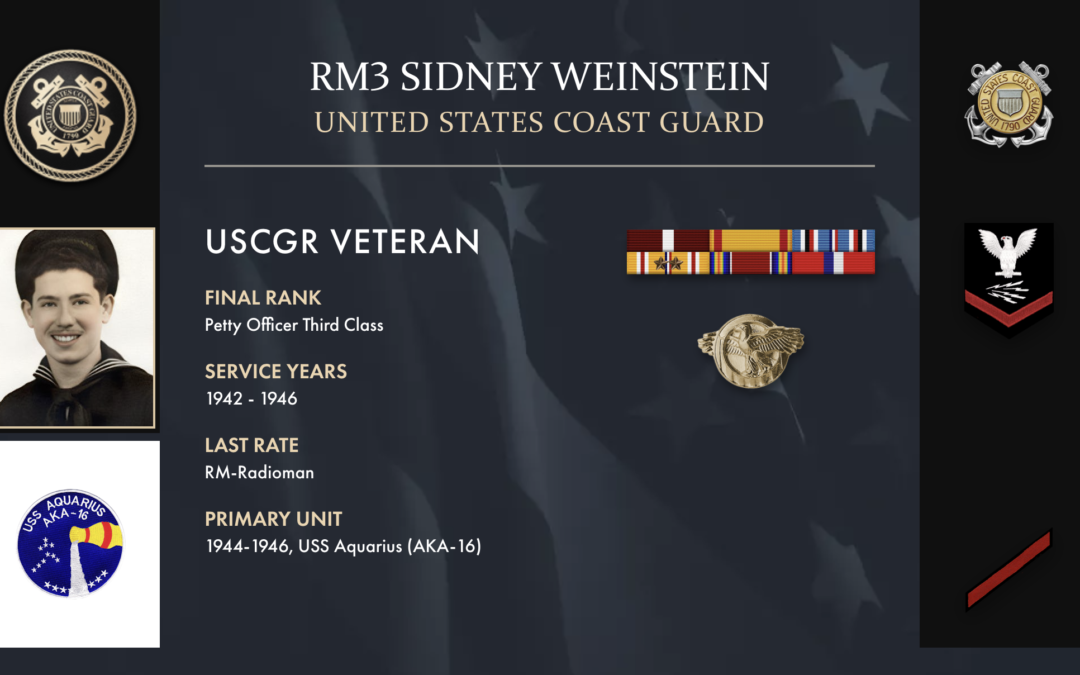
Service Reflections of RM3 Sidney Weinstein, U.S. Coast Guard (1942-1946)
I was in high school at the time of Pearl Harbor. I had never heard of Pearl Harbor and didn’t know where it was. That was true for many of my friends, but we sure found out quickly. We all became Gung Ho and were ready to enlist; however, we had a couple of months left before graduation, so I opted to finish school. Many of my friends did enlist, going into the US Army Air Corps to become pilots. That was my desire also, but my father said “NO.” He was in the First World War, captured by the Germans, and gassed. He was shot, and he lost three fingers on his left hand.

A1C Bob Baxter, U.S. Air Force (1962-1966)
My South East Asia Experience: Working on the Canberra B-57, November 10, 1963, to May 9, 1965: I joined the Air Force at the age of 19 in 1962 for no reason other than that I was unemployed, immature, and had no goals or direction for my future. My recruiter told me that aircraft mechanics were needed, and I fit their profile. So, off I went to Basic Training, followed by Technical Training at Amarillo AFB. I graduated as an aircraft mechanic helper. My OJT continued at Scott AFB, Illinois, until November 1963. This was the start of the aviation career that I have pursued for over 50 years. As I reflect on those years from 1962 to 1966, I can see why so many of us young men grew up quickly. We had some good times and some exceptionally bad times, but we bonded together. Many of us were lucky and came home. I was able to take full advantage of the extensive training and experience provided to me during my four years in the Air Force. I was convinced early that I would stay in the Air Force for thirty years. On November 1, 1964, the reality of war hit home.
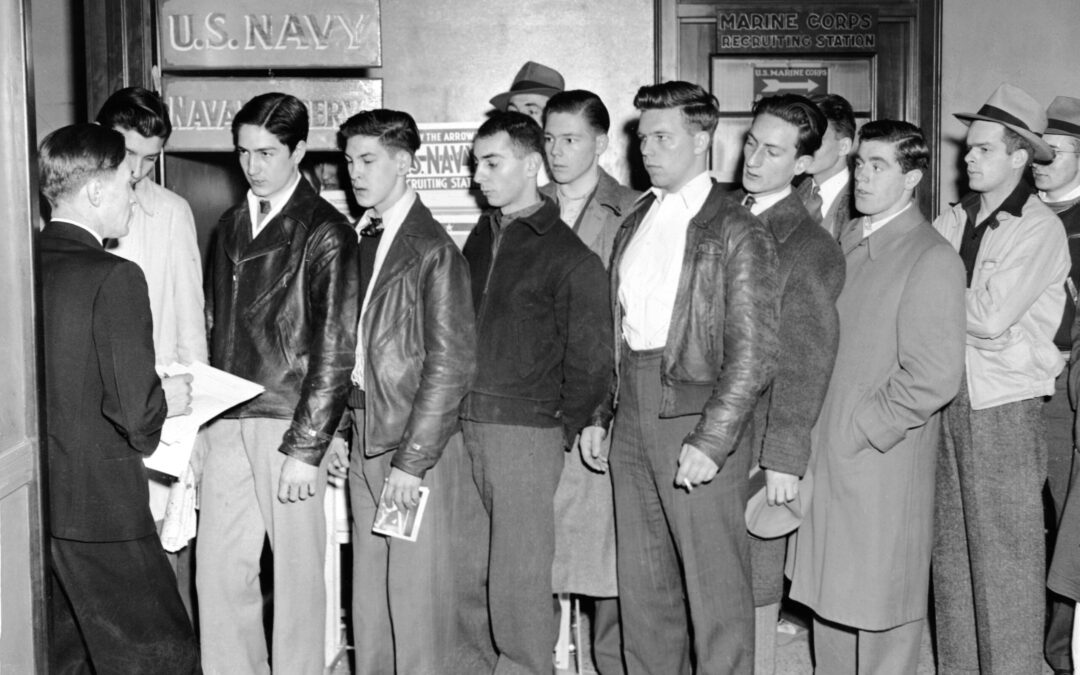
‘Only Son’ Law and the Draft
This military urban legend is only as old as World War II, and probably because out of so many Americans registered for the war, a relatively small number were actually drafted for the war. It makes sense that more than a handful might not understand why they weren't called up to serve or what the rules for being called up or passed over might be. Only Son Being Exempt from the Draft When the war ended, a number of myths and legends began to circulate. Stories about things that happened during the war were repeated time and again, spreading far and wide. Most of them were true - or started out as true. Like a large game of veteran telephone, some stories got a little distorted. The legend of only children being exempt from the draft is one of those stories that began with a true story but morphed into something else entirely. Over the course of World War II, 49 million men registered for the draft in the United States. More than 407,000 service members were killed, and more...
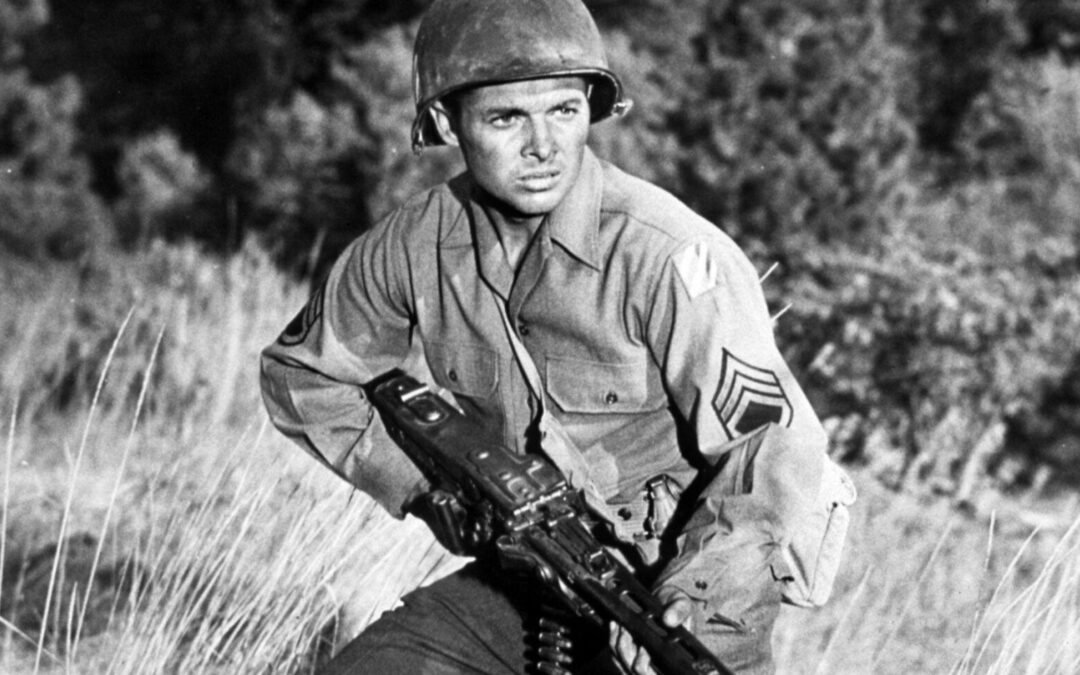
The Legendary Audie Murphy
The U.S. Army's history is filled with heroes, battlefield legends, and stories that seem like they could only come from the minds of Hollywood screenwriters. There are few larger-than-life tales of greatness bigger than that of World War II legend Audie Murphy, whose battlefield daring became an instant silver-screen classic – starring Audie Murphy himself. Audie Murphy: Medal of Honor, Movies and Advocacy Murphy's early life did not suggest a life destined for greatness. He was the son of a Texas sharecropper who abandoned his family and a mother who died when he was a teen. Young Audie left school in the fifth grade to work in cotton fields and hunt game to help support his family. He joined the military in 1941, just days after the United States entered World War II. At the age of 16, he was technically too young to serve but forged papers allowed him to make it past the recruiter's office. Even so, he was turned down by every branch for being too small. Luckily for...
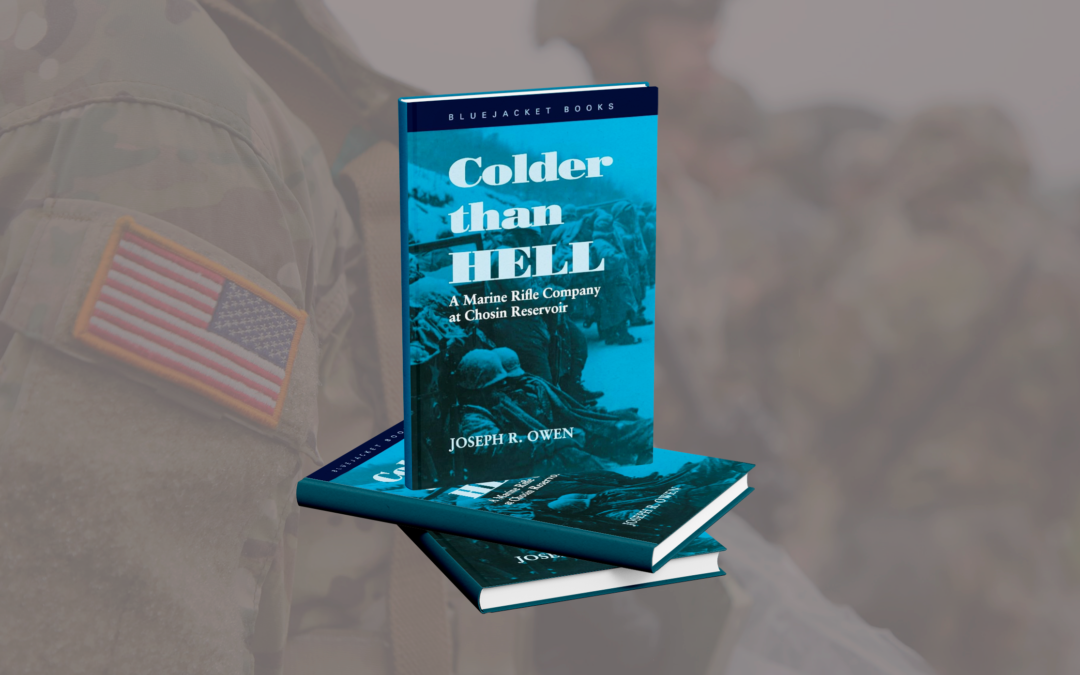
Colder Than Hell by Joseph Owen
Joe Owen enlisted in the U.S. Marine Corps in 1943. He deployed shortly afterward with a forward observer squad during World War II. If you talked to the man, however, you would quickly learn it was the Korean War that defined his service to the country. In 1997, he would literally write a book about his experiences in Korea, an experience that culminated with the infamous Battle of the Chosin Reservoir. By the time North Korean tanks rolled into South Korea in June 1950, Owen was a Lieutenant, and he would be leading a company of hastily assembled reservists into a trial by fire. Joe Owen and His Harrowing Experience in "Colder Than Hell" "Colder Than Hell: A Marine Rifle Company at Chosin Reservoir" is the story of Owen and his fellow Marines in Korea. To write the book, he painstakingly gathered all the historical information he could and spoke at length with his fellow veterans about their own experiences. The result is an exhaustive first-person narrative that is both engrossing...